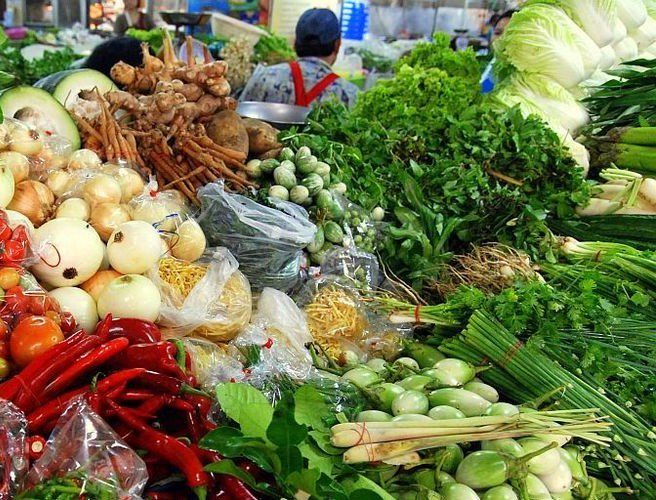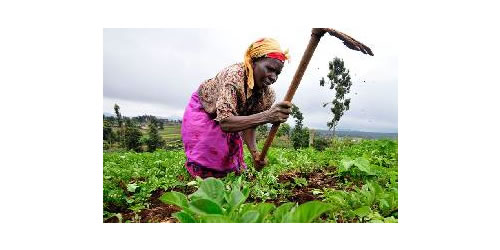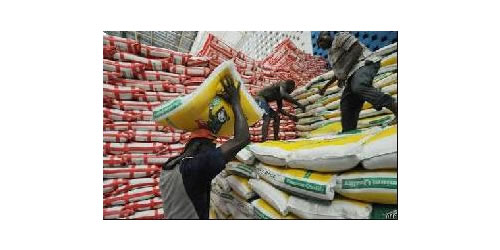Gov’t Puts Measures in Place to Ensure Lifting of Vegetable Ban

Public Relations Officer of the Ministry of Food and Agriculture, Mr. Tanko Bagbara has made an assurance that the Ministry Of Food And Agriculture, led by the sector minister, Hon Dr. Owusu Afriyie Akoto has put in place several measures to ensure that the country meets the requirements of the European market regarding the export of vegetables to European markets.
As part of these measures, the ministry has set up a Plant Protection and Regulatory Advisory Council which is under the chairmanship of Prof. Kwame Afreh-Nuamah who is an expert in this ragard. Prof Afreh-Nuamah’s role is to ensure that our boarders are safe from infested seeds from other countries which could enter the country at the harbour and airports through imports. This is part of measures put in place to help the country meet its standards or target as we cultivate or propagate it.
He further indicated that the ministry has also inaugurated a Green Label Foundation which is a private sector driven entity which includes the industry players under the horticultural industry whose role is to make sure that the fruits and vegetables are well handled, right from production to consumption in order to ensure that it is wholesome for consumption.
Professor Nuamah further noted that the success of the exercise largely depends on the quality of seeds imported into the country, a condition which has necessitated the setting up of a National Seed Council by the minister to also look at the quality of seeds that farmers will put into the soil.
District Agric Directors across the length and breadth of the country will also be engaged to give technical advice to the farmers on good farming practices and also make sure that the farmers receive the right inputs and help them avoid chemical fertilizer but rather use organic fertilizer as recommended by the European Union inspectorate. This, he added will meet the standards required by the European Union.
The PRO further expressed hope in the lifting of the ban, especially with all the measures, in due time to pave way for Ghana to export the vegetables to the European Union and other markets to increase our revenue to drive our economy.
Ghana earns a lot of foreign currencies which is also used to support the developmental agenda of the country to improve the livelihood of Ghanaians. The country has lost over 1 billion Ghana cedis for the past two years following the ban on five vegetables exported to European markets whose ban was occasioned due to poor inspection of infested vegetables.
Ghana was placed under the ban by the Food and Veterinary Office of the European Commission. The vegetables include chilli, aubergine, gourds among others which were not properly taken care of.
Having put in place a lab and a traceability system, the Ghana Export Promotion Council expected the ban to be lifted by September 21, 2017 following a tracking system put in place to monitor or determine which vegetable farm an infested product was coming from , to make sure that Ghana does not get banned again if the ban is lifted.
A national task force was also set up in 2015 place to make sure Ghana gets it right this time as it awaits the lifting of the ban.
Despite the effort being put in place, the ban is still not lifted which has become a headache, prompting calls on authorities to put drastic measures in place to enable the ban to be lifted.
Source: Austin Ofori Addo/ritefmonline.org





